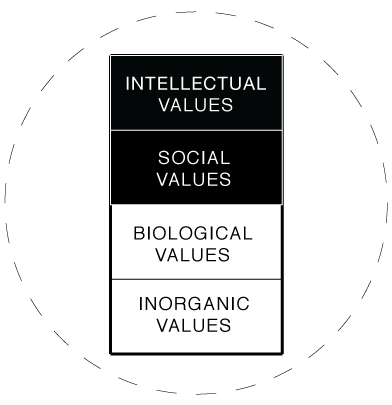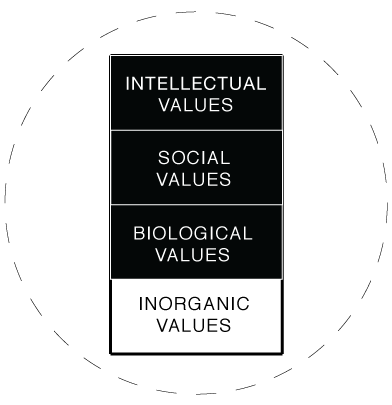Metaphysics making things better - Psychology.
There's no such thing as matter. There's no such thing as the physical. There's no such thing as ideas. There's just quality. What's a good way to describe reality?
And if there's a good way - can you apply that quality to other things and find yet more quality? If something truly is good - then you would think it can pay forward like that right?
"I am kind of in the position of a theoretical mathematician who comes… you know, who has worked out a set of equations which to him look wonderful. He goes to a group of engineers and they say, "Well, what good is it? What's this going to do for us?"
Robert Pirsig to the Association of Humanisitic Psychology.
Like Pirsig - I don't claim to be a psychologist - but what I do think is that at the very least - at a very high level - the Metaphysics of Quality can start to create interesting distinctions in 'human behavior' that haven't been brought out clearly before by psychologists.
Looking at psychology from an MOQ perspective I can ask questions like - what behaviors are an unchangeable part of our biology and what of those are social? Whilst I'm sure these types of questions have been asked before - with the MOQ, we have a language with which we can discuss them and categorise them definitively and not get caught up on what exactly is social behavior and what exactly is biological behavior.
Because it provides clear distinctions like this - from there anthropologists or psychologists can also ask questions like - if they are social - do they serve their purpose in an intelligent way - or is there a better way they can be achieved? If so, then obviously because they can be changed then it's best that we do so. And from this clear cultural recommendations can be made by intellectuals on the best way to live.
Because this would be dramatically different let me repeat. Using the Metaphysics of Quality - intellectuals, could provide recommendations, based on human psychology, on the best way to live a moral life. Not just for some people in some such a culture. But for all people. Everywhere.
I think this would clearly be a dramatic improval to the way things are done now. A psychology now whose terms are not clearly philosophically defined and also importantly - whose aims are also unsure. Because more than anything - it provides us an overarching frame that everyone can get behind and grounds us all in a moral direction towards a better future.
Anyway, with this perspective from here I will be writing about psychology studies that I see that the MOQ can perhaps provide further color to and how the MOQ makes it uniquely clear that they can help us to live better lives.




